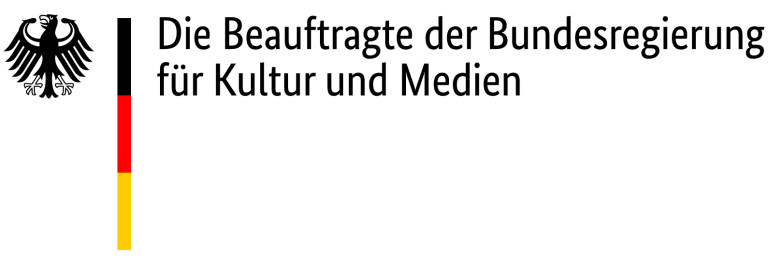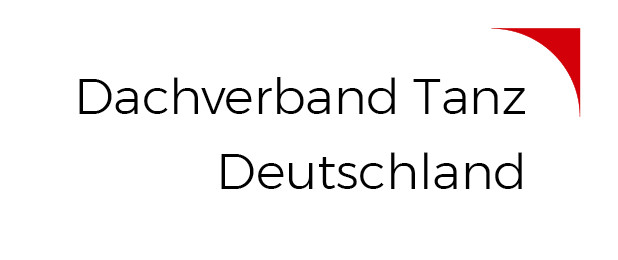Neurodiversity Support
FOR health, BUSINEss and LIFE
General Information
Individuals on the neurodiversity spectrum (Autism Spectrum Disorder, ADHD, Sensory Intergation Problems, Dysgraphia, Dyscalculia etc.) often experience difficulties while navigating through the current era of growing challenges. Coaching and training techniques that are optimized for neurodiversity create a safe and supportive environment that enables efficient decision making, facilitate the development of soft skills, offers potent stress management. The word needs all kinds of brains, but neurodivers individuals can easier access to their full with the support of a specialized coach. As a neuroscientist coach and an advocate for neurodiversity, Boglárka offers evidence based best practices of somatic and congitive coaching and trainings.To learn more about her autism advocacy activities, visit the Takiwatanga project.

What can you expect?
Some modalities
- Online emotional regulation training and coaching, stress regulation training: identifying triggers that might interfere in decision making, interpersonal relationships and stress management.
- Offline and offline embodiment sessions to develop and enhance stress resistance, communication and resilience
- Coaching and training sessions for individually chosen goals in neurodiversity awareness frameworks
- Embodiment based intensive offline training for excellence: applied somatic biofeedback and autogenic control, blended with non-verbal self-expression and stress management to achieve peak performance

Background
Neurodiversity coaching is an interdisciplinary approach that draws upon scientific research from various fields, including neuroscience, psychology, and education. It is designed to support individuals who are neurodivergent, which means their brains function differently from the neurotypical population, including but not limited to individuals with autism, ADHD, dyslexia, dyspraxia, and other neurological conditions. The scientific background of neurodiversity coaching is an interdisciplinary field that draws upon various branches of science to understand and support the diverse needs of neurodivergent individuals. It integrates findings from neuroscience, psychology, education, positive psychology, and coaching/counseling theories to develop evidence-based strategies that foster self-awareness, self-regulation, well-being, and success for neurodivergent individuals in various settings.The scientific background of neurodiversity coaching is multifaceted and encompasses several key areas:
1. Neuroscience: neurodiversity coaching is rooted in the understanding of the brain’s diversity and plasticity. Neuroscientific research has shown that the brain is highly adaptable and can rewire itself based on experience, and that neurodivergent individuals often have unique patterns of brain activity and connectivity. Understanding the neural basis of neurodivergent conditions helps neurodiversity coaches appreciate the strengths and challenges associated with different cognitive profiles.


